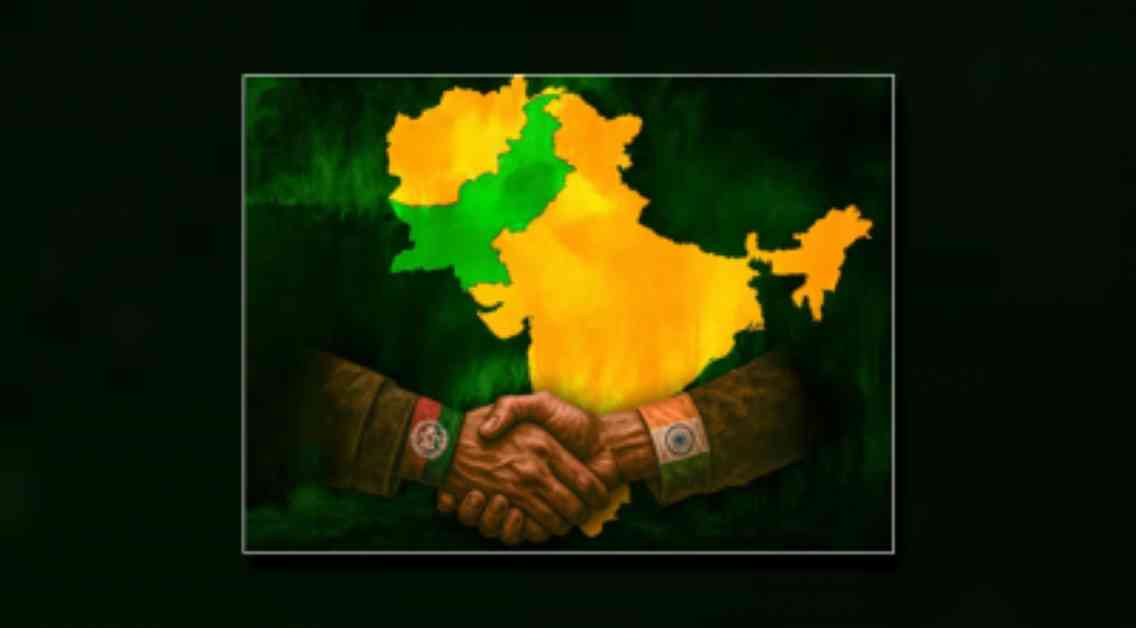The Taliban came to power in Afghanistan in August 2021. The organization’s rise to power has led to diplomatic communications between New Delhi and Kabul, unlike before. India’s External Affairs Minister S Jaishankar has spoken with Afghanistan’s Deputy Foreign Minister Maulawi Amir Khan Muttaqi. Jaishankar expressed gratitude for condemning the recent attack in Pahalgam, where 26 people were killed.
In the days following the conversation, officials in New Delhi announced that India would take bold steps regarding Afghanistan and strengthen ties with the Taliban-led state in the future. As part of this effort, India is considering humanitarian assistance for Afghan refugees in Pakistan, a country that was once part of the same empire as India. The relationship between the two countries has been complex, ranging from friendship to conflict. The 1999 Indian Airlines hijacking incident was a major point of contention between the two nations.
The history of Afghanistan reveals that long-term relationships with other countries are challenging for them. The country’s alliances have shifted over time, with the United States initially being a friend during the Soviet-Afghan War but later becoming an adversary. Similarly, Pakistan, once considered a supporter of the Taliban, is now viewed as an enemy by Afghanistan. The recent increase in attacks by Tehrik-i-Taliban Pakistan (TTP) along the border has strained relations between the two countries.
In 2021, the Taliban’s return to power in Kabul raised concerns in Pakistan, which had hoped to increase pressure on India. However, the situation has changed, with the Taliban now seen as a threat to Pakistan. Tensions along the Durand Line have affected relations between Delhi and Kabul, with the previously cool relationship now heating up. The two countries’ strategic mistrust is evident, with self-interest being the primary driver.
The simmering tensions between India and the Taliban have added a new dimension to the region’s geopolitics. The frosty relationship between Delhi and Kabul has thawed in recent years, leading to increased dialogue and cooperation. However, the recent events have once again strained relations between the two countries. The future of the region remains uncertain, with both India and Afghanistan facing significant challenges in the days ahead.
Overall, the evolving dynamics in the region highlight the complexity of international relations and the need for strategic foresight. As India navigates its relationship with Afghanistan and Pakistan, it must tread carefully to safeguard its interests and promote regional stability. The coming months will be crucial in determining the course of events in South Asia and the broader Indo-Pacific region.
























